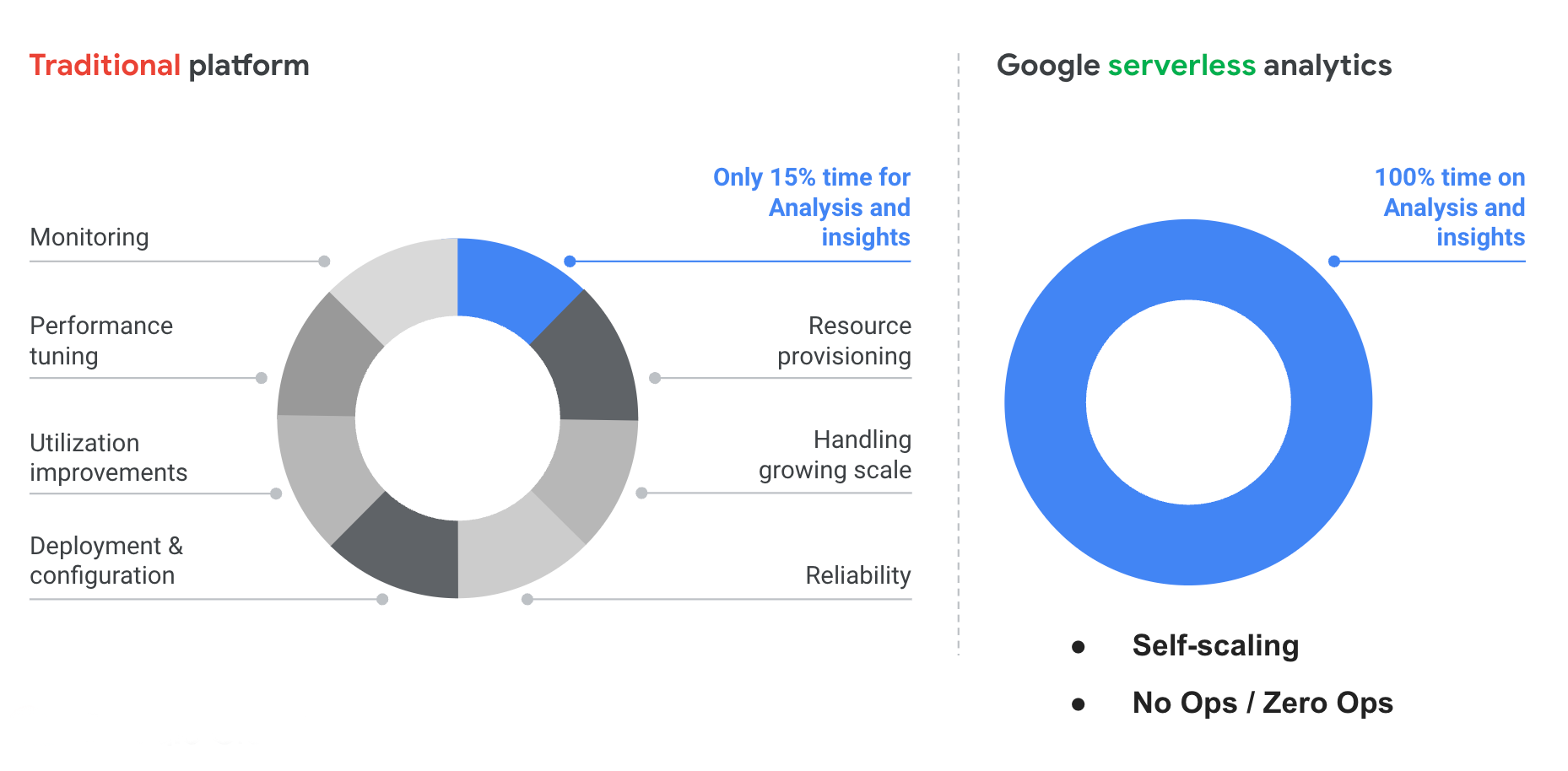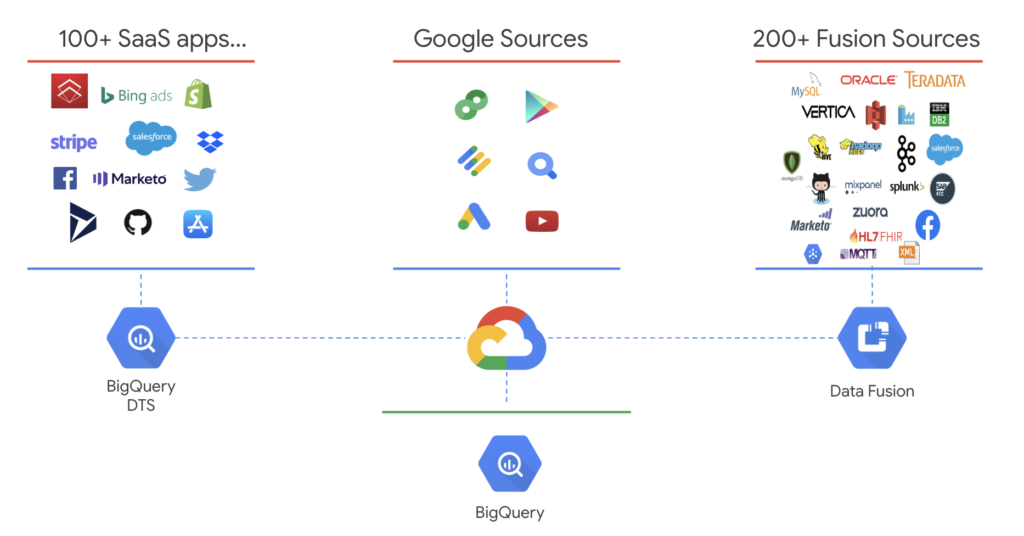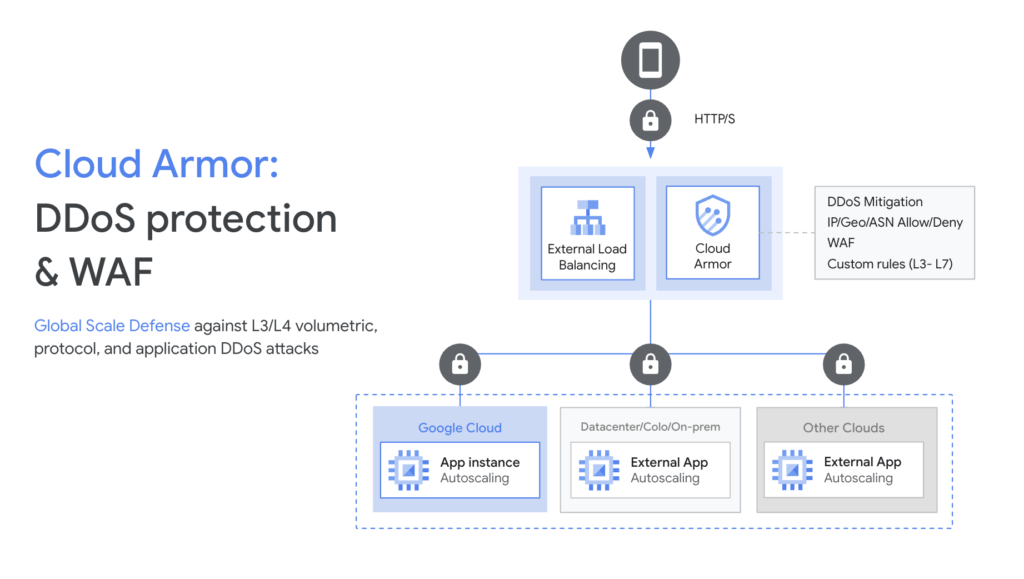A Cloud Data Warehouse is a modern, scalable, and cost-effective solution that empowers businesses to store, process, and analyze vast amounts of data in a centralized repository hosted on cloud infrastructure. In this article, we will explore the numerous advantages of adopting Cloud Data Warehousing and how it revolutionizes enterprise data management.
Cloud data warehouses offer a number of advantages over traditional on-premises data warehouses. These advantages include cost-effectiveness, scalability, performance, security, ease of use, improved agility, enhanced collaboration, and increased innovation. If you are looking for a way to improve your data warehouse and gain a competitive advantage, then migrating to the cloud is a great option.
Read also: Seamless Data Warehouse Migration To Google Cloud Platform
Lower Total Cost of Ownership
Migrating to a Cloud Data Warehouse eliminates the need for significant capital expenditures associated with purchasing, maintaining, and upgrading hardware. Instead, businesses can leverage a pay-as-you-go model, paying only for the storage and computing resources they utilize. This cost-effective approach enables organizations to reallocate IT budgets to other critical areas and focus on innovation, research, and development.

The example TCO (shown in the figure) shows an initial uptake in cloud costs and a steady decline as soon as organizations learn how to apply cost optimization best practices (as described in this other framework). The chart also shows how on-premises costs may have a long tail as organizations take time actually to shut down their data centers.
Improve Scalability and Flexibility
Cloud Data Warehouses allow businesses to add storage and compute resources on demand, ensuring seamless scalability to accommodate data growth and varying workloads. This scalability offers the flexibility to adjust resources during peak periods and reduces operational costs during lulls in activity.

With a traditional data warehouse, you should maintain the reliability level to operate hardware, monitoring, performance tuning, and configuration. While in the other hand, the cloud data warehouse can automate maintenance jobs and focus on doing critical data analysis and insights.
Data Integration and Consolidation
Cloud Data Warehouses simplify the process of integrating data from diverse sources, such as applications, databases, and third-party platforms. With efficient Extract, Transform, Load (ETL) processes, and native integrations, businesses can consolidate structured and unstructured data into a single repository. This unified view of data enhances data quality and integrity, empowering organizations to derive meaningful insights from comprehensive datasets.

With a cloud data warehouse, processes are involved in combining and unifying data from diverse sources into a centralized repository within a cloud-based data warehouse. This approach enables organizations to create a comprehensive and unified view of their data, making it easier to analyze, extract insights, and drive informed decision-making.
Advanced Analytics and Machine Learning
Cloud Data Warehouses integrates seamlessly with various analytics tools and machine learning platforms, facilitating advanced data analysis and predictive modeling. With the power of distributed computing and parallel processing, businesses can perform complex analytical tasks and gain deeper insights into their data, enabling data-driven decision-making across all organizational levels.

With today’s advancement in machine learning and artificial intelligence, your data warehouse should do the same. Applying smart data analytics to extract valuable insights and information for your business. Organizations can gain timely insights and respond swiftly to changing market dynamics, thereby gaining a competitive edge.
Security and Compliance
Cloud providers invest heavily in state-of-the-art security measures, often surpassing what traditional data centers can offer. Cloud Data Warehouses provide robust data encryption, access controls, and disaster recovery capabilities, ensuring the confidentiality, integrity, and availability of sensitive information. Additionally, reputable cloud providers comply with industry-specific regulations, easing the burden of meeting compliance requirements for businesses operating in regulated sectors.

Many enterprises take advantage of cloud capabilities to analyze their sensitive business data. This also includes protection in industry standards and compliance to keep data secure at all costs. Learn about Google’s security blueprint.



